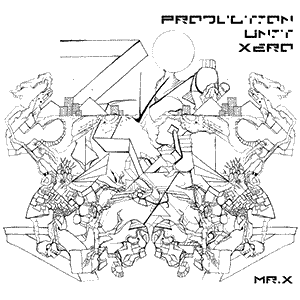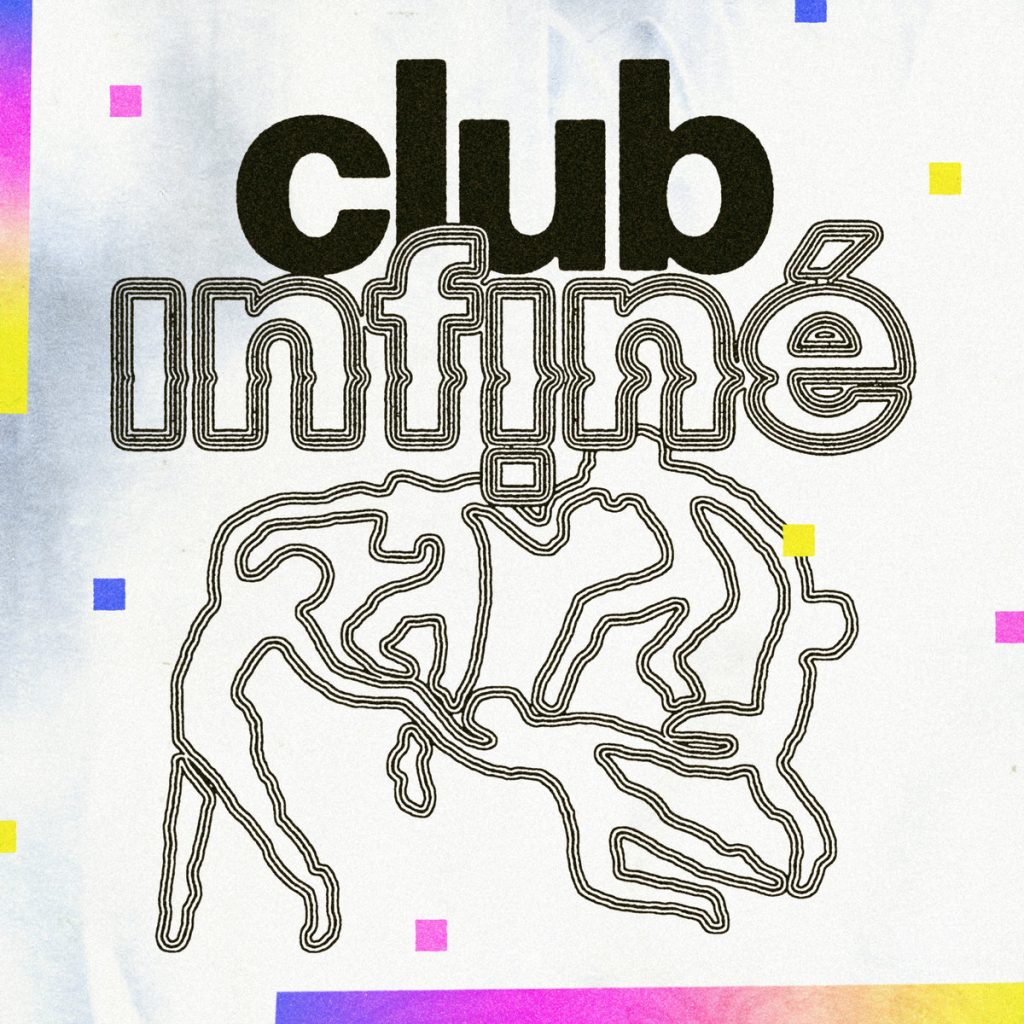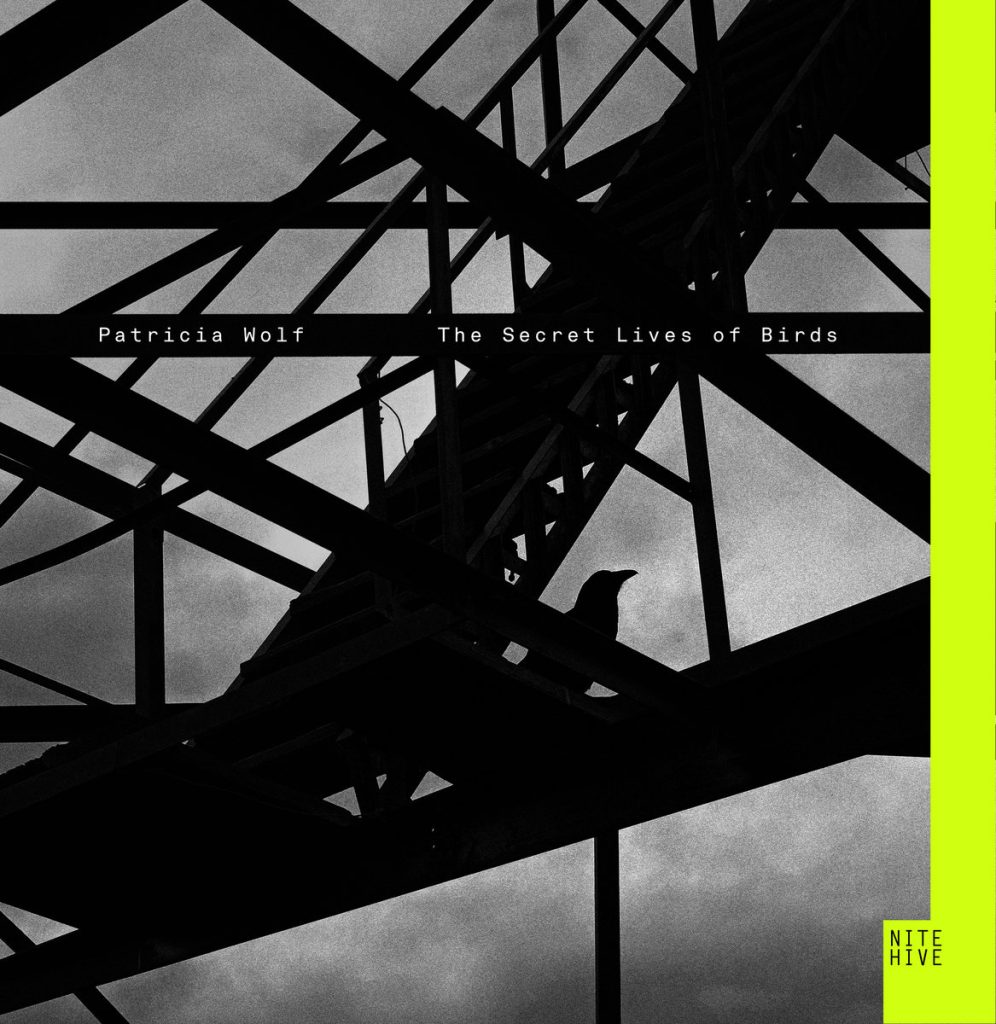Blaster Master (NES) – Naoki Kodaka
In the realm of iconic 8-bit video game music, the soundtrack for the Nintendo Entertainment System (NES) game “Blaster Master” stands as a testament to the enduring creativity of early game developers. Composed by Naoki Kodaka, the soundtrack employs the limited audio capabilities of the NES to create a collection of catchy, mood-setting tracks that serve the game’s adventurous and fantastical premise admirably.
Each stage’s unique theme crafts an atmosphere appropriate to the setting, combining melodic intricacy and pulse-pounding rhythm. From the introductory music that sets the tone for the game’s subterranean exploration to the unforgettable boss battle themes, each track is a memorable chip-tune in its own right. The main overworld theme is catchy and conveys an excellent sense of anticipation and excitement, while the tension in the melodies of the underworld stages perfectly encapsulates the danger and suspense of the gameplay.
Nevertheless, the soundtrack does bear the limitations of its time. While the themes are catchy, the sound design lacks the depth and richness that would become standard in later generations of video game music. Repetition is also an issue; some players might find the looping melodies to be monotonous after prolonged gameplay.
Despite these shortcomings, the “Blaster Master” soundtrack’s strength lies in its simplicity. The compositions embrace the hardware’s constraints, and instead of attempting to exceed the capabilities of the NES, the soundtrack focuses on memorable, straightforward melodies. It demonstrates an understanding of how to construct an engaging, immersive auditory experience within the technical limitations of its time.
The “Blaster Master” soundtrack is a cornerstone of the NES era. It perfectly encapsulates what makes 8-bit video game music so beloved: its ability to evoke a sense of nostalgia, its unexpectedly memorable compositions, and its unapologetic embrace of the technology it had to work with. While it may not stand up to modern soundtracks in terms of complexity or diversity, it remains an essential listen for anyone interested in the history of video game music or the broader evolution of chiptune music.




